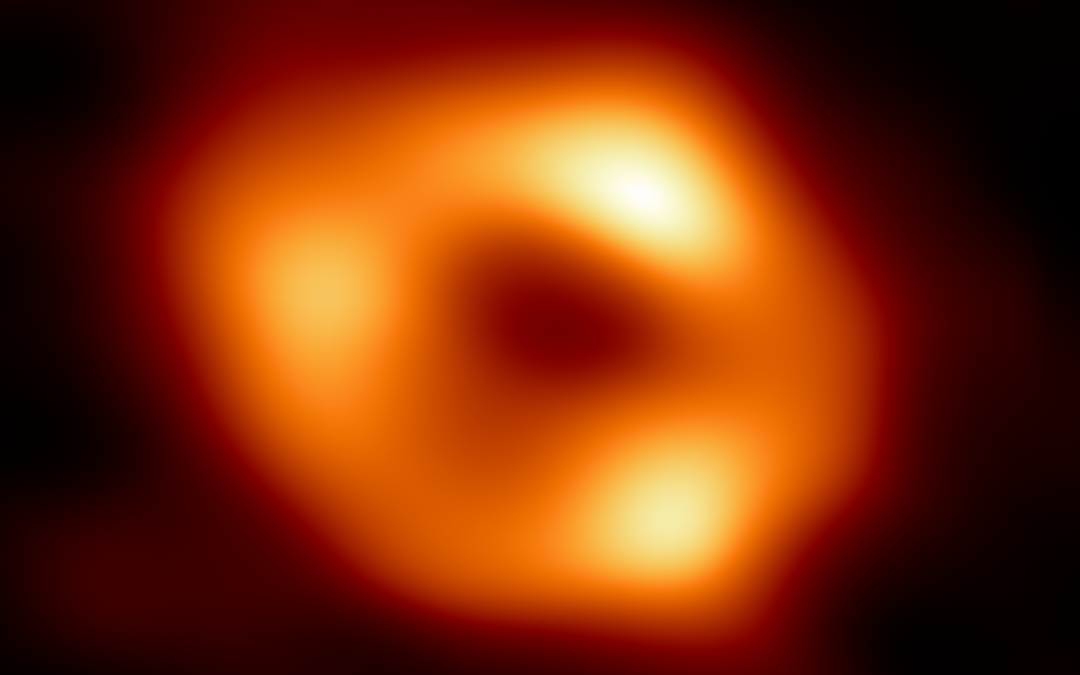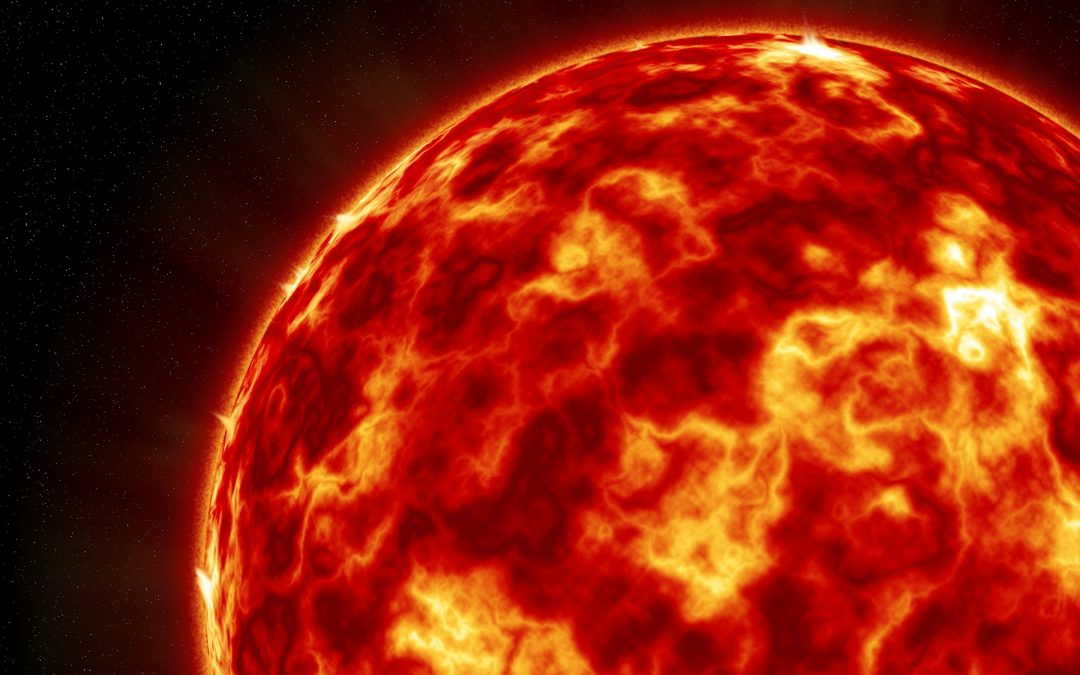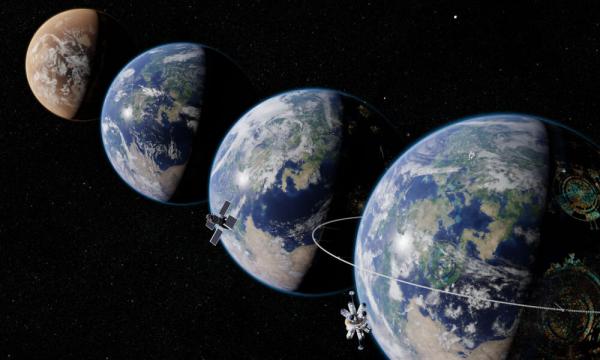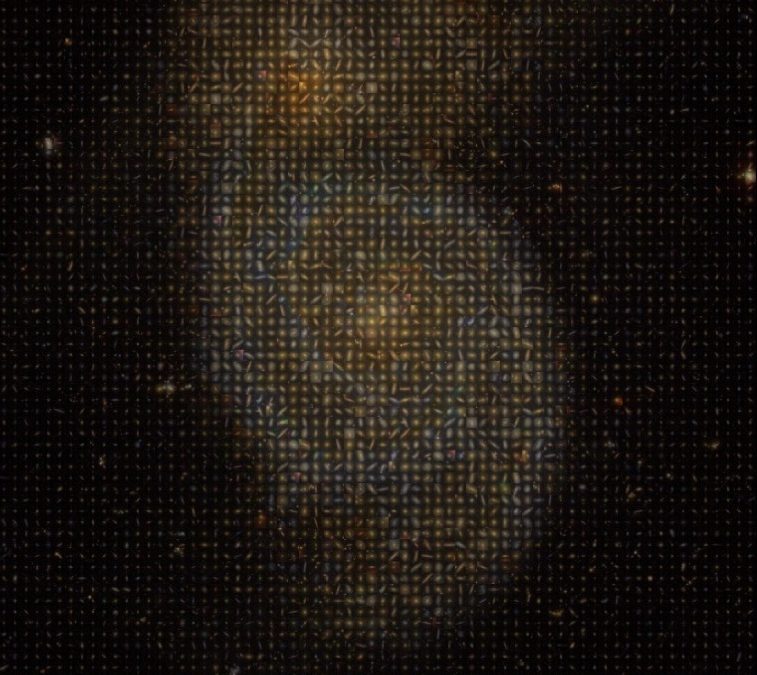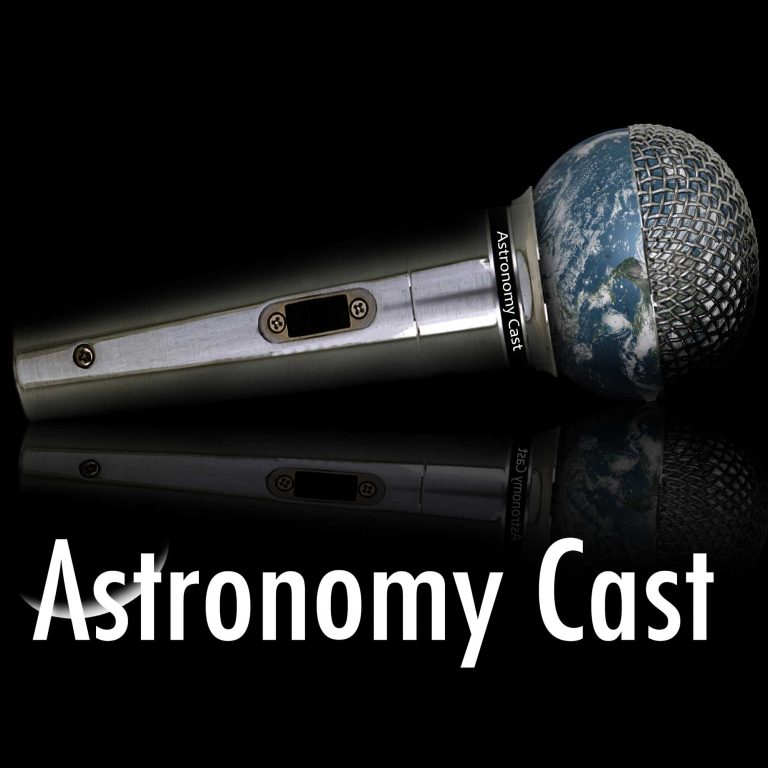Podcast: Play in new window | Download | Embed
Subscribe: RSS
All the waiting is over, we’ve finally seen the image of the event horizon from the supermassive black hole at the heart of the Milky Way. Today we’re going to explain the picture, and what’s next for the Event Horizon Telescope.








